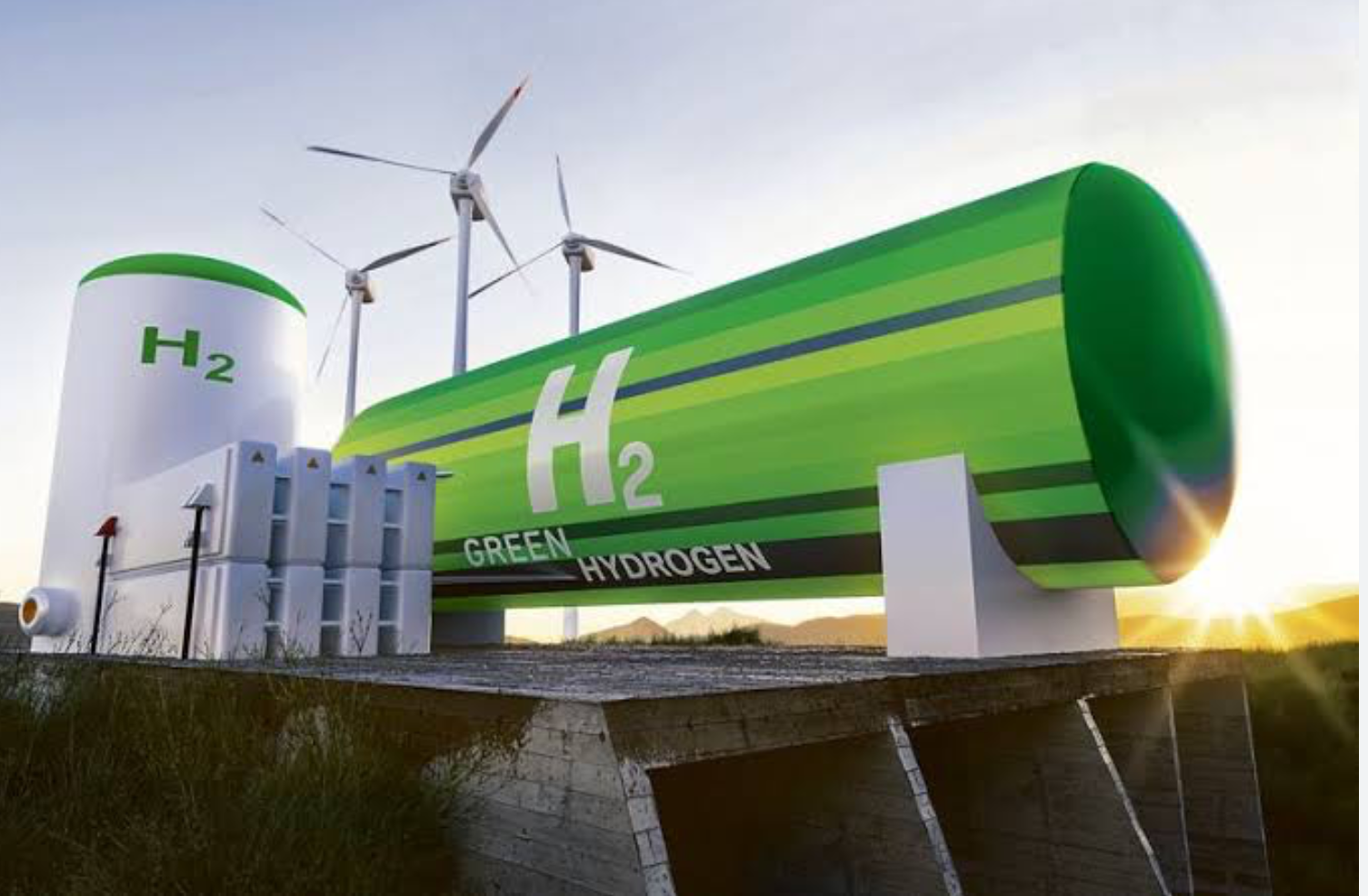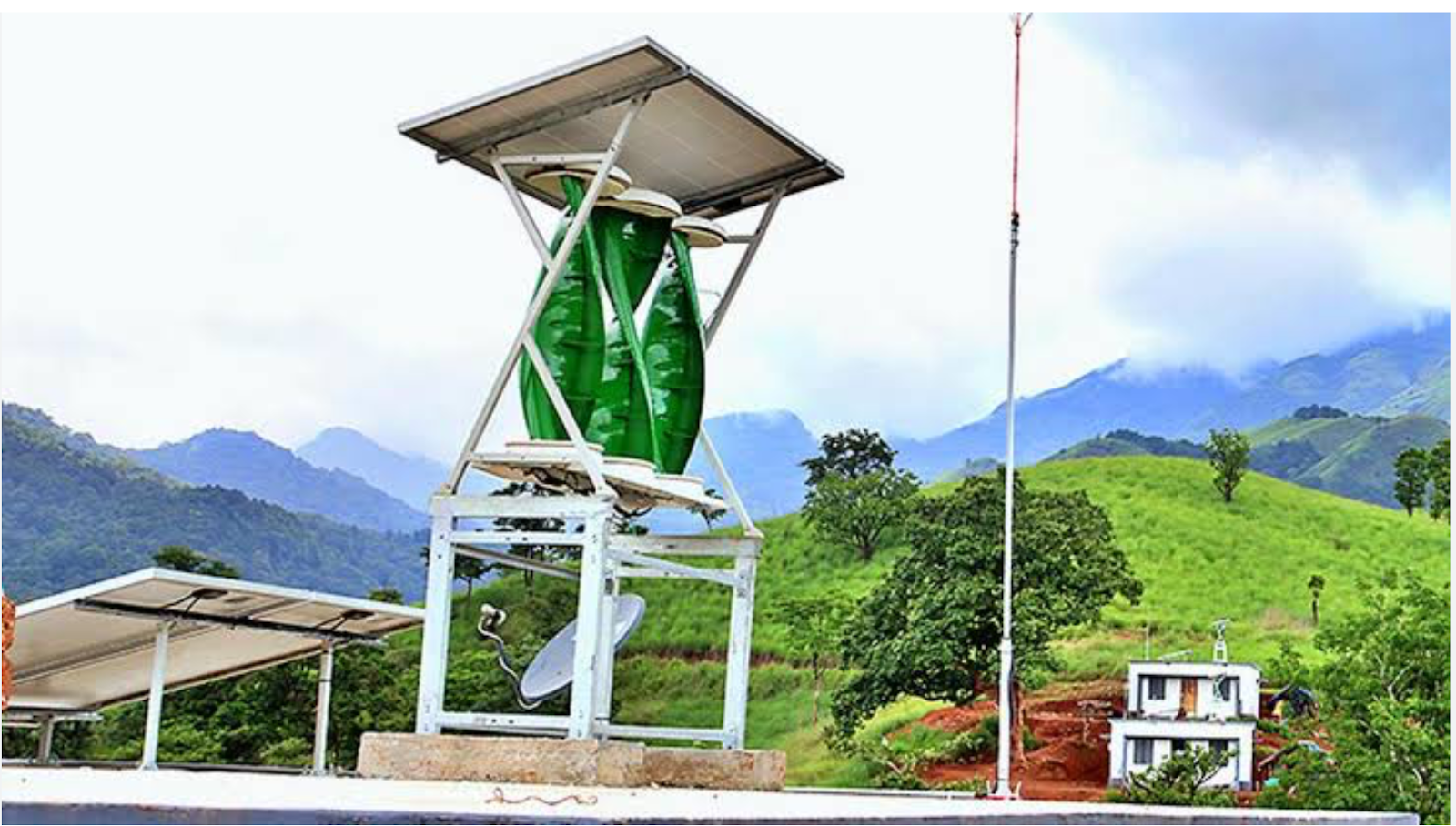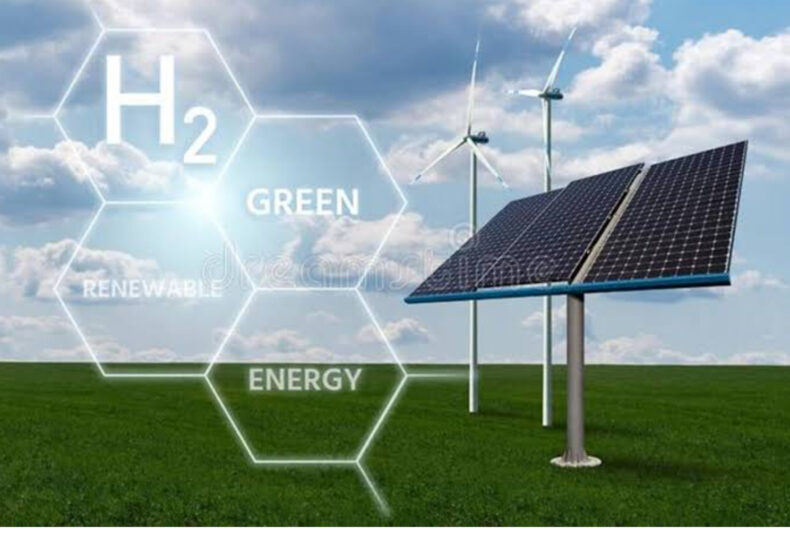The Kerala government has chosen the Agency for New and Renewable Energy Research and Technology (ANERT) as the designated agency at the state level to oversee and coordinate Green Hydrogen initiatives.

Image Source : Mercom India
Table of Contents
The Power Department has recently made a significant decision in response to a compelling proposal put forth by the Chief Executive Officer of ANERT. Recognizing the paramount importance of promoting sustainable energy solutions, the proposal emphasised the urgent need for a central agency dedicated to formulating and disseminating a comprehensive green H2 policy.
The State government intends to establish “green hydrogen hubs” in Kochi and Thiruvananthapuram, citing the significance of green hydrogen in promoting eco-friendly development and reducing carbon emissions. Recognizing its potential, the government has allocated a budget of ₹200 crore in the 2024-24 fiscal year to support the establishment of these hubs through viability gap funding, grants, and equity assistance.
The government’s plan to create green hubs in Kochi and Thiruvananthapuram emphasizes the importance of utilizing renewable energy sources to produce green hydrogen. By leveraging renewable energy, the State aims to facilitate sustainable development while mitigating the adverse effects of carbon emissions.
In the 2024-24 State budget, a scheme was introduced specifically to provide financial assistance for setting up the green hubs. The allocated ₹200 crore will be utilized to bridge the viability gap, offering grants and equity support to attract investments and accelerate the establishment of these hubs.
By establishing these green hydrogen hubs, the State government is taking concrete steps towards achieving its renewable energy goals and promoting environmentally friendly practices. These hubs are expected to serve as centers of innovation, research, and development, contributing to the overall growth and sustainability of the State’s energy sector.
The State government is actively pursuing its goal of becoming 100% dependent on renewable energy by 2040 and achieving net carbon neutrality by 2050. To support this objective, the government has launched a green hydrogen program aligned with its renewable energy targets. In January 2022, the National Green Hydrogen Mission was approved by the Union Cabinet, with the aim of making India energy independent by 2047 and achieving net zero emissions by 2070.

Image Source : The Hindu
Taking a step further, the State government initiated the development of a comprehensive ‘Green Hydrogen Policy’ several months ago. This policy serves as a roadmap for fostering capabilities and exploring opportunities in the emerging field of green hydrogen. In February of this year, a draft of the policy was circulated for discussion during a workshop organized by the Energy Management Centre (EMC), IIT-Palakkad, ANERT, and the Department of Science and Technology (DST), Government of India.
Various other States across the country have also recognized the importance of green H2 and have drafted their own State-level policies to promote initiatives in this area. One such example is Uttar Pradesh, which published the draft Uttar Pradesh Green Hydrogen Policy in October of the previous year.
Uttar Pradesh Green Hydrogen Policy
This move is a preliminary step towards implementing a final policy with the goal of transforming Uttar Pradesh into a state that exclusively consumes green hydrogen and ammonia by 2035. Additionally, the objective is to establish Uttar Pradesh as a leading producer of green hydrogen and ammonia. The policy aims to encourage the production of green hydrogen and ammonia, create new markets, and aggregate demand. The draft policy, made available to the public by the Uttar Pradesh New and Renewable Energy Development Agency (UPNEDA), the coordinating agency, emphasizes the state’s vision of utilizing green H2 and ammonia as the fundamental driver for transitioning to green energy and preparing for a net-zero economy in the future.












